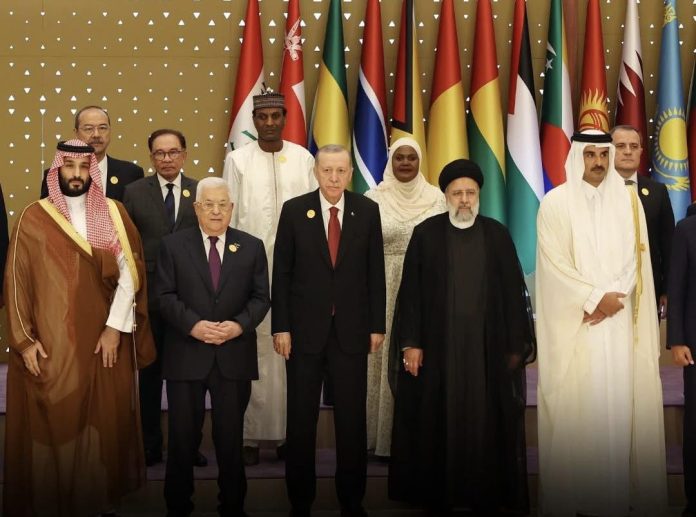– Syed Tanveer Ahmed
The recent attack on Doha has shaken the geopolitical axis of the Middle East. While the stated target was Hamas, the underlying message extended far beyond. It was not just an airstrike; it was a bold signal to the entire Arab world: even within the protective circle of western alliances, no Arab nation is immune to Israel’s reach. The act of crossing Saudi airspace to strike Doha sends a strong, calculated message – one that challenges the efficacy of traditional alliances with the United States and questions the very architecture of regional security.
In the aftermath of the attack, a flurry of emergency summits, diplomatic exchanges, and condemnation statements emerged from various Arab capitals. Yet, beyond the surface-level outrage, a deeper, more troubling reality is being quietly acknowledged: the Middle East is being redrawn not just by military might, but by shifting loyalties and strategic repositioning.
For decades, Arab countries have relied heavily on U.S. military support and diplomatic backing to ensure stability and sovereignty. However, the muted response from Washington following the Doha strike suggests a waning interest or perhaps an inability to restrain Israeli aggression. This disillusionment is prompting many Muslim nations to re-evaluate their foreign policies, and rightfully so.
Saudi Arabia and Pakistan, long-time allies and crucial players in the Muslim world, find themselves at a strategic crossroads. The question is no longer whether to trust the west, but how to redefine alliances in a world where traditional partners may not guarantee protection. If forced to choose between Israel and a Muslim ally, recent history shows the U.S. might prioritise Tel Aviv. This unsettling possibility demands a clear-eyed reassessment of our geopolitical posture.
India, for its part, has played its hand skilfully. Without being directly embroiled, it has managed to strengthen defence ties with Israel while maintaining quiet relations with Gulf nations. As a result, it stands to benefit militarily and economically, especially if regional security partnerships continue to shift.
What about Pakistan and other Muslim-majority nations? Should they continue to pursue non-alignment while remaining diplomatically supportive of the Gulf? Or should they move toward deeper strategic cooperation with countries that share religious and cultural ties, even at the risk of distancing themselves from western powers?
These are questions the architects of our foreign policy must urgently address. The Muslim world is at an inflection point, and its future will be shaped by the decisions taken today. Aligning blindly with superpowers no longer guarantees peace or protection. Instead, a collective Muslim strategic bloc coordinated through institutions like the OIC must emerge to safeguard the interests of the Ummah.
Israel’s consistent neutralisation of threats from neighbouring states i.e. Egypt, Jordan, Syria, and others over the past two years is a clear indication of its growing regional dominance. The Doha attack was not an isolated act, but a continuation of a broader campaign to reshape regional power structures to its favour.
Muslim nations must awaken to this new reality. Doha was not just attacked; it was warned. And through Doha, the entire Muslim world has been cautioned. The time for symbolic solidarity is over. What’s needed now is strategic unity.




